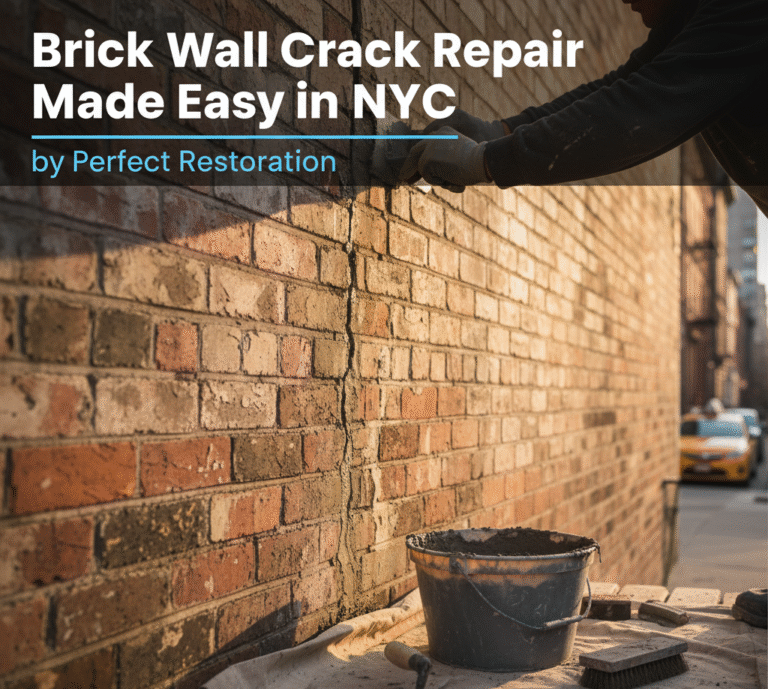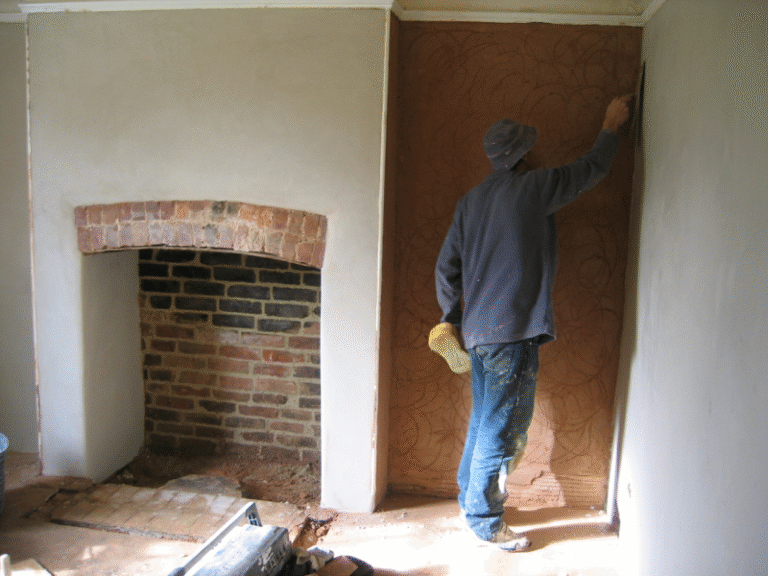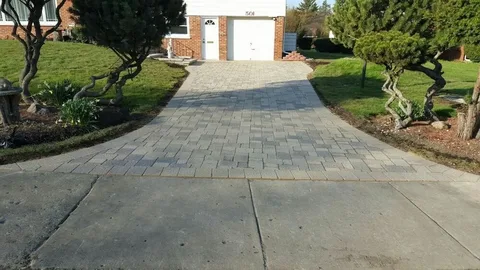Brick and Stone Masonry Cleaning Services Near You
One of the most durable and eye-catching building materials is masonry, which is utilized in everything from intimidating stone landmarks to traditional brick townhouses. However, over time, wear, biological development, dampness, and pollution exposure can erode its integrity and dull its beauty.
This is where masonry cleaning services come in, protecting brick, stone, and mortar from long-term harm while bringing back their natural beauty. The significance of cleaning brick walls, typical methods such as pressure washing brick, the breakdown of brick façade cleaning costs, and suggestions on when to engage professional masonry cleaning near me are all covered in this article.
The Importance of Masonry Cleaning
Masonry is not impenetrable, despite its durability. While moss and algae retain moisture against the surface, dirt and pollutants progressively lodge themselves in brick and mortar. If this accumulation is not addressed, it may result in:
Permanent discoloration; freeze-thaw damage from retained moisture; accelerated mortar deterioration; and decreased curb appeal and property value
Frequent brick wall cleaning serves as a preventative and aesthetic strategy. It restores your masonry’s color and texture while eliminating impurities that over time may degrade or discolor the material.
Typical Masonry Surfaces That Require Maintenance
Cleaning masonry isn’t limited to bricks. It includes a variety of materials used on historic, commercial, and residential structures:
Concrete block walls Terracotta details Stone masonry (sandstone, granite, and limestone) Stucco and mortar joints
Different cleaning methods are needed for each of these materials. For example, vigorous pressure washing or harsh chemicals can harm softer historic bricks, whereas solid concrete can withstand more rigorous cleaning methods.
How to Properly Clean Brick Walls
Step 1: Examination and Examination
Professionals check the stonework for deterioration like cracks, spalling, or loose mortar before cleaning starts. To find the safest and most efficient approach, a test patch is frequently cleaned first.
Step 2: Light Cleaning of the Surface
Brushes or low-pressure water rinsing are used to remove loose dirt and debris. During thorough cleaning, this step keeps abrasive particles from scratching the surface.
Step 3: Thorough Cleaning Using the Right Techniques
Techniques could include the following, depending on the material and condition:
Low-pressure washing (100–500 psi) is used for general brick wall cleaning. Steam cleaning is used to remove algae or biological growth. Chemical cleaners are used to dissolve pollution stains or efflorescence. Poultices are used to remove deep-seated stains without causing damage to the masonry.
Pro Tip: Sandblasting and other abrasive techniques should never be used on older or softer bricks since they can cause irreversible surface damage.
Pressure Cleaning Brick – Benefits and Drawbacks
One popular technique for cleaning driveways, patios, and exterior walls is pressure washing brick. But it needs to be done with caution:
Advantages:
Quick and efficient removal of grime, mold, and loose paint Able to give worn brick a clean, new look
Cons:
Water can enter cracks and cause interior damage if not dried properly; Excessive pressure can erode brick surfaces and mortar joints.
Optimal Method: Make use of a broad fan spray tip and low to medium pressure (less than 500 psi). To prevent unintentional damage, always test a tiny, inconspicuous area first.
Removing Brick Mortar Stains
Bricks may have ugly stains from mortar streaks and residue during masonry building or repairs. To remove these, you must be precise:
Although diluted muriatic acid and other acid-based cleansers are frequently used, they must be applied carefully to prevent brick damage.
Specialty masonry cleaners are safer for the surrounding landscaping and can be used on modern brickwork.
Before applying chemicals, hardened parts can be removed with the aid of scraping and brushing.
Crucial: To avoid etching or discoloration, mortar stains should always be cleaned until the mortar has completely dried, which is often 28 to 30 days.

Expectations for Brick Façade Cleaning Cost
Planning a budget for your home maintenance can be made easier if you are aware of the brick façade cleaning costs. The following factors affect prices:
Building size and height – Because larger or multi-story constructions require more work and equipment, they are more expensive.
Degree of soiling – Bricks that have been ignored or are highly stained may need several cleanings.
Cleaning method used – Steam treatments or chemical cleaning are usually more expensive than simple water rinsing.
Accessibility – Scaffolding or lifts may be necessary in regions with limited access, which would increase the cost.
Normal Range:
Larger commercial façades: \$5–\$10+ per square foot * Smaller residential projects: \$2–\$5 per square foot
Although prices may differ, hiring a professional cleaner can help your brickwork last longer and save more expensive repairs down the road.
Advantages of Using Expert Masonry Cleaning Services
Property owners who want safe, long-lasting results would be wise to look for professional masonry cleaning near me. This is the reason:
1. Skill and experience – Experts choose the appropriate cleaners and pressures since they know the chemistry of various masonry materials.
2. Specialized equipment – Safe and efficient cleaning is ensured by commercial-grade pumps, steam cleaners, and safety equipment.
3. Preventing damage Skilled workers understand how to clean without creating surface erosion or water intrusion.
4. Time and cost efficiency- Experts work efficiently, cutting down on labor expenses and downtime.
5. Improved property value— A neat, well-kept façade raises perceived property value and curb appeal.
Professional vs. Do-it-yourself Masonry Cleaning
Large-scale brick façade cleaning is best left to experts, while small-scale upkeep, like rinsing the garden wall, can be done yourself.
DIY Dangers:
Not protecting landscaping and nearby surfaces Using the wrong chemicals that etch or stain brick Applying excessive pressure and eroding mortar Not completely removing stains, necessitating re-cleaning
Professional Benefit:
Accurate stain detection (biological, pollution, and efflorescence) Safe removal methods and containment strategies Complete chemical residue cleanup and disposal
Upkeep of Masonry Following Cleaning
To maintain your masonry’s immaculate appearance after cleaning, take the following actions:
Promptly fix any cracks or loose mortar to stop water from penetrating; Appoint yearly inspections to identify early indicators of biological growth or discoloration; Keep gutters and downspouts clear to minimize water runoff over brick surfaces; Trim nearby vegetation to minimize shade and moisture buildup; and Seal the surface with breathable masonry sealers to repel water without trapping moisture.
Preventive maintenance prolongs the beauty of your brickwork and lessens the need for frequent deep cleaning.
Final Words
Bright, clean brickwork protects the structure of your property, increases curb appeal, and maintains its value. Professional masonry cleaning services provide safe and long-lasting results whether you need cleaning mortar stains, pressure washing brick, or complete façade repair.
This is the ideal moment to take action if your walls are discolored or uninteresting. To arrange an examination and bring back the classic beauty of your stone or brick surfaces, get in touch with professional masonry cleaning near me.




